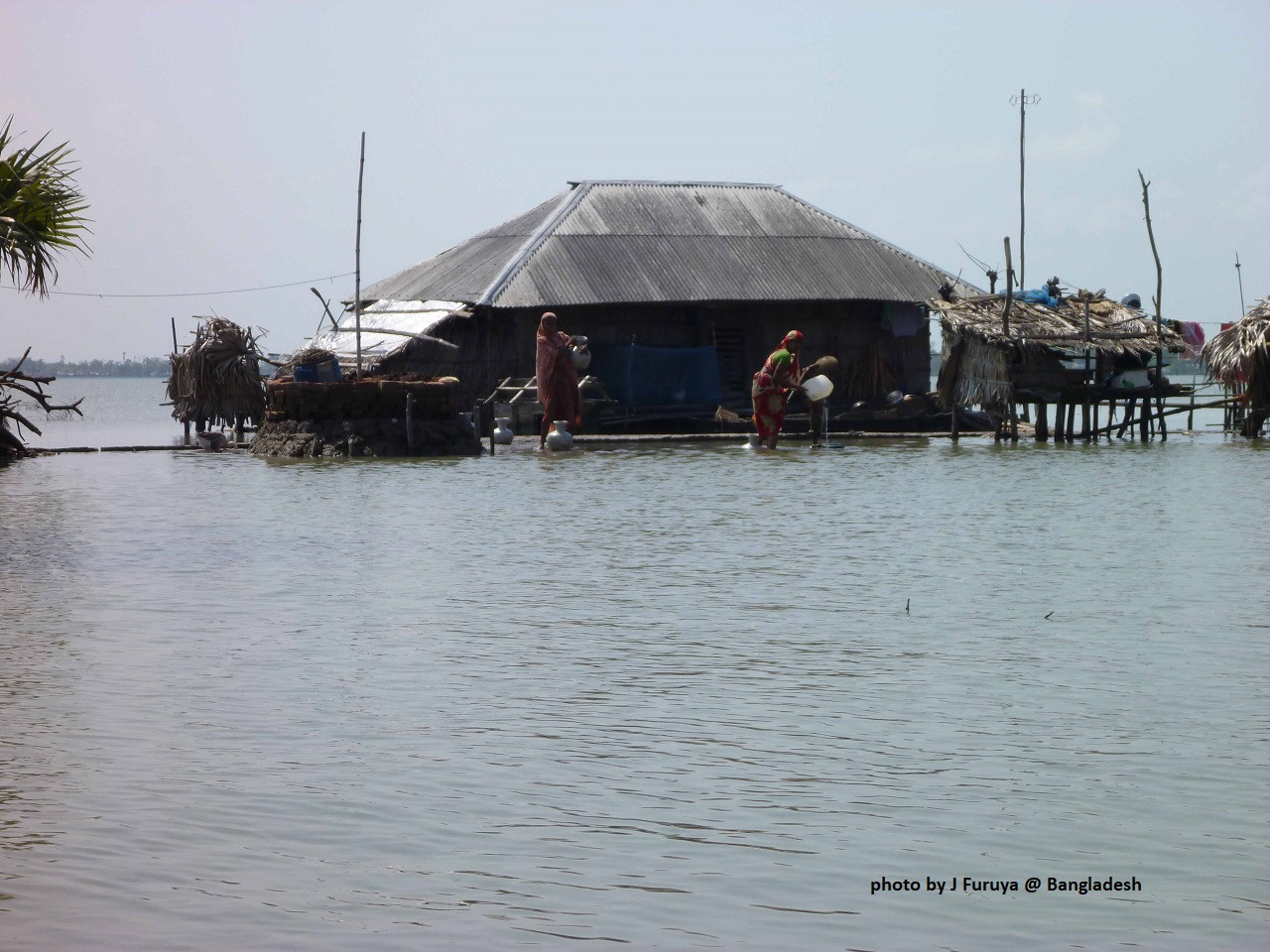Pick Up
545. Heavy Rains, Storm Surges and Hurricanes

The rainy season will soon be in full swing in Japan. Along with climate change, the possibility of heat waves and droughts as well as major disasters due to heavy rainfall is predicted to increase, necessitating the development of an early warning system.
In May 2022, the Japan Meteorological Agency (JMA) and the Ministry of Land, Infrastructure, Transport and Tourism (MLIT) announced that they will change the way they communicate disaster prevention information. For example, when a "linear precipitation zone" is likely to occur, it will be announced in weather reports half a day to six hours in advance. In addition, from May 26, storm surge warnings will also cover Meguro and Shinjuku wards in Tokyo, which are municipalities in inland areas that have not operated storm surge warnings before and have been newly identified as being at risk of damage due to river run-up and other factors.
Across the ocean, the United States names Atlantic hurricanes after people. Currently, for Atlantic hurricanes, an alphabetical list of names is repeated every sixth years. The record-breaking and memorable names that have caused particularly great damage are placed on the list to be "retired", meaning that they will never be used again. Ida, which caused 55 lives and $50 million worth of damage from Louisiana to New England last year, has now made the list. Ida is the fifth most damaging storm in history, behind Katrina, Harvey, Maria, and Sandy, whose names are also being "retired.
The World Meteorological Organization (WMO) has so far "retired" 94 hurricane names, 12 of which begin with 'I', followed by 'C' and 'F', according to the report. Experts speculate that the reason for this is that the hurricanes are named alphabetically, and the peak of the hurricane coincides with the arrival of the 'I'. On the other hand, the fact that there are so few 'H's and 'J's before and after the 'I' may just be a coincidence.
The Intergovernmental Panel on Climate Change (IPCC) predicts that under global warming, the frequency and intensity of extreme weather events such as tropical cyclones will increase. Agriculture, forestry, and fisheries will be severely impacted, and food security may also be affected. Averting catastrophic events will require the development of early warning systems as well as the creation of resilient socioeconomic and food systems through both climate change mitigation and adaptation measures.
Contributor: IIYAMA Miyuki (Director, Information Program)
